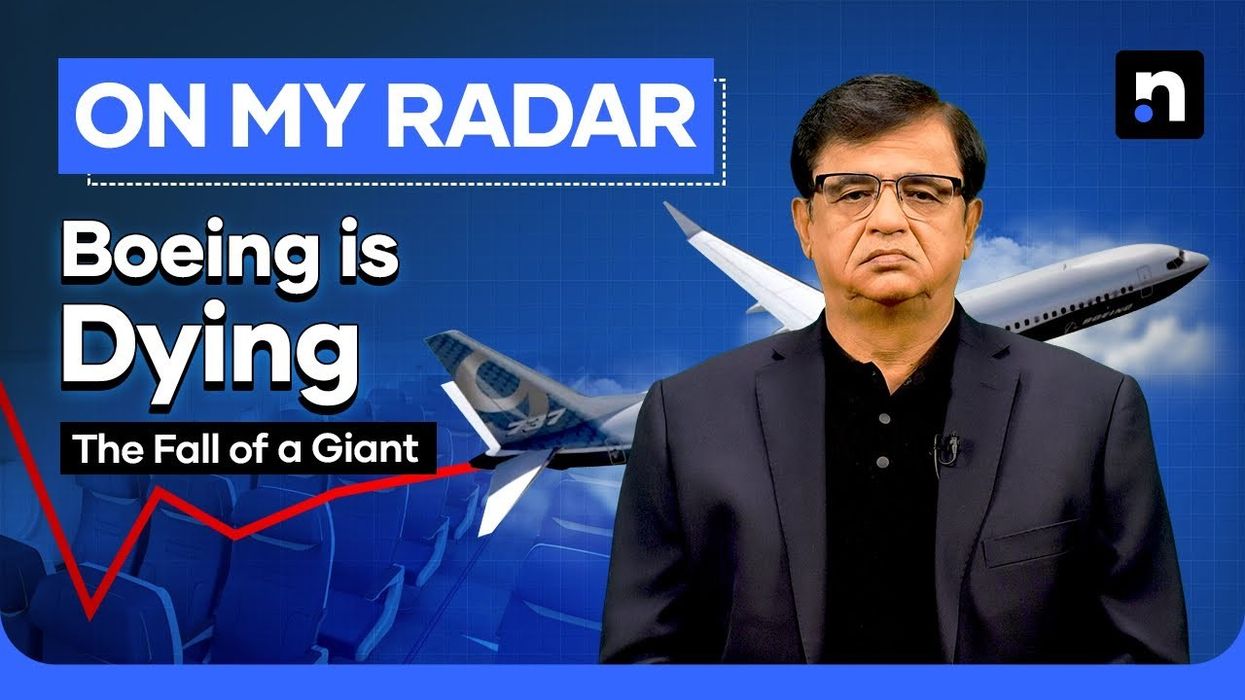Boeing faces renewed safety concerns after fatal South Korea crash
Kamran Khan highlights how repeated Boeing 737 Max failures are damaging trust in global air travel.
News Desk
The News Desk provides timely and factual coverage of national and international events, with an emphasis on accuracy and clarity.
Boeing’s safety record and reputation are under intense scrutiny following a deadly crash in South Korea involving a 737 Max aircraft. The incident, which occurred on Dec. 29, claimed the lives of 179 passengers and crew, raising fresh questions about the American aerospace giant’s quality control and operational safety.
Jeju Air Flight 237, en route from Bangkok to Muan, crashed shortly after takeoff. The aircraft involved was the same 737 Max model previously grounded worldwide following two catastrophic crashes in 2018 and 2019 that killed 346 people.
Despite Boeing’s efforts to rectify technical flaws, including the notorious MCAS system, the latest tragedy has reignited fears over the plane’s reliability.
The fallout has been swift for Jeju Air, which reportedly faced over 68,000 booking cancellations after the crash. Analysts say the financial impact on Boeing, already grappling with declining market confidence, could be severe.
“This is a blow to Boeing’s credibility. The company’s safety assurances have not been enough to restore trust,” said aviation expert Sarah Daniels.
Boeing’s struggles extend beyond the 737 Max. In 2024, the company reported multiple incidents involving its aircraft. In November, a Trigana Air flight in Indonesia experienced an engine fire, while in October, a Ryanair plane suffered a tire blowout during landing in Italy.
Additional incidents involving fuel leaks, structural failures, and landing gear malfunctions have plagued various Boeing models, further tarnishing its image.
Financially, Boeing endured significant losses in 2024, reporting an $8 billion deficit in the first nine months and announcing 17,000 job cuts. The company’s stock price dropped by over 30%, and a seven-week strike by 30,000 employees added $5.5 billion to its woes.
Boeing’s competition with Airbus also intensified, with the European manufacturer delivering 559 aircraft by November 2024, compared to Boeing’s 305. According to aerospace research firm Forecast International, Airbus has maintained its lead for five consecutive years.
Critics argue that Boeing’s challenges stem from systemic issues, including a culture that prioritizes cost-cutting over safety. In July, the company admitted to misleading regulators about the 737 Max’s MCAS system, paying a $2.5 billion penalty.
While Boeing has implemented changes to its safety policies, experts say rebuilding its reputation will require more than technical fixes.
“The damage is done. Boeing’s focus must shift to regaining customer trust through transparency and accountability,” Daniels added.
As the aviation giant grapples with the fallout, industry observers are left questioning whether Boeing can ever reclaim its once-dominant position in the skies.











Comments
See what people are discussing